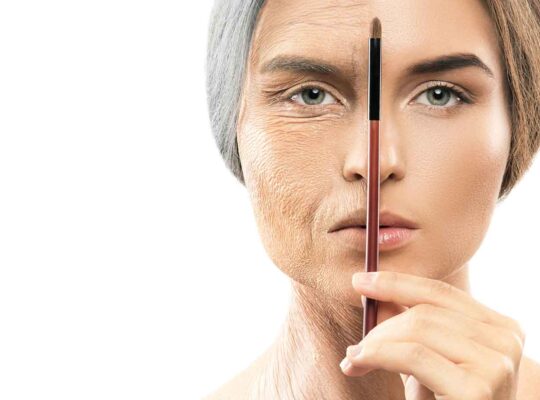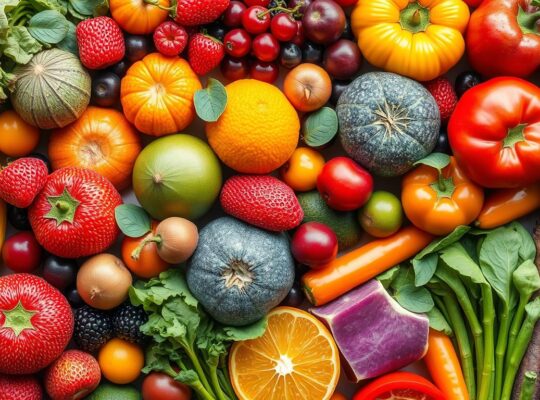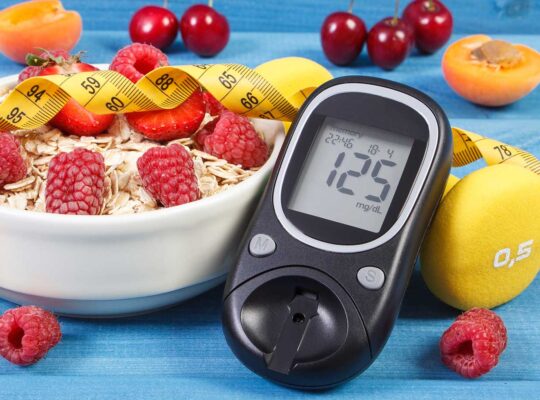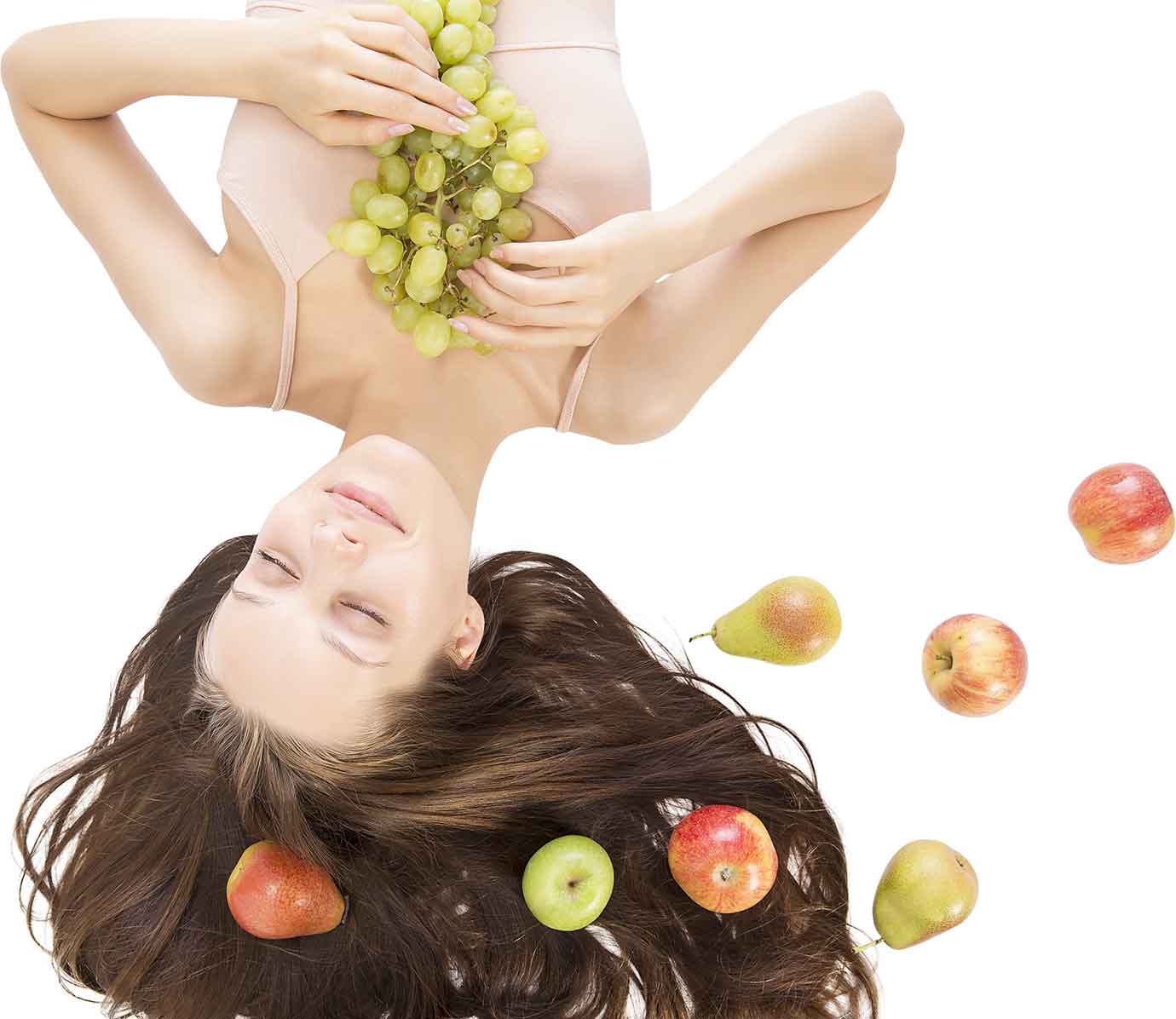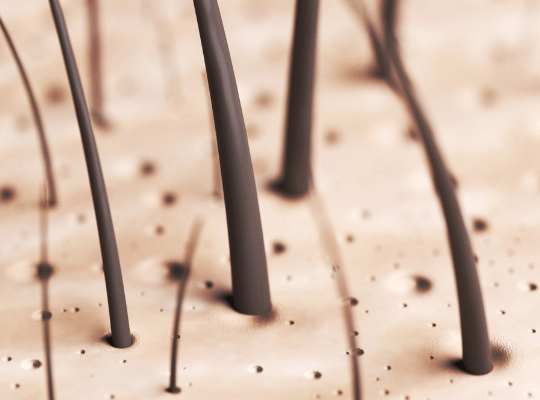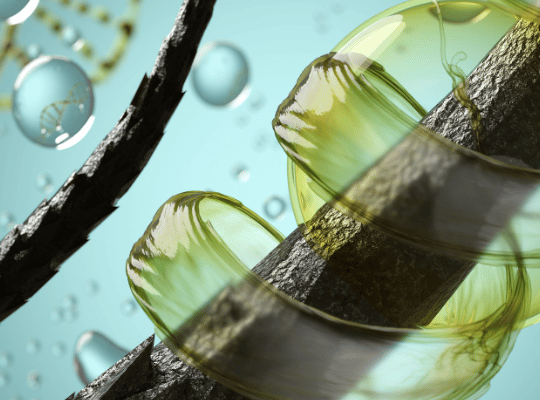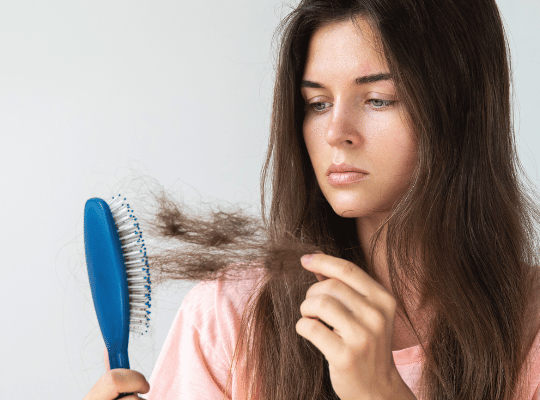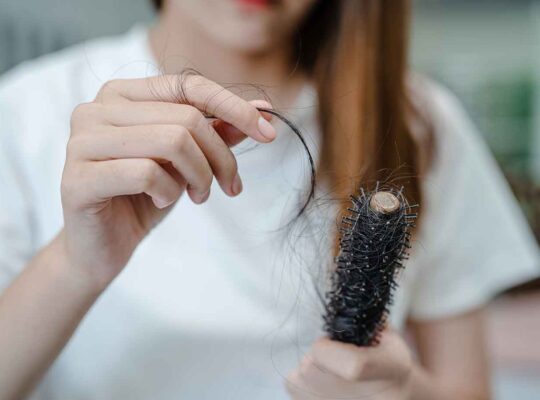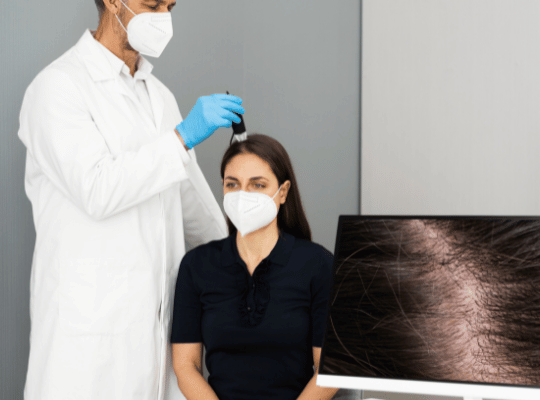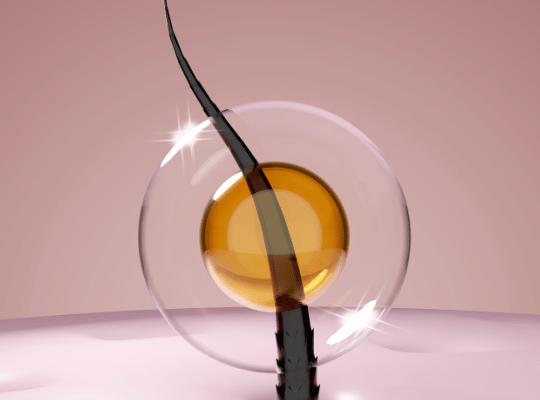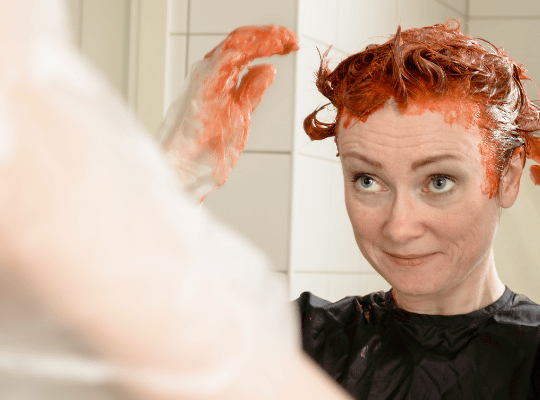Ever wondered why your hair might not be as shiny or strong as you’d like? The secret often lies in what you eat. Nutrition plays a big role in keeping your hair healthy, not just the products you use on it. In this post, we’ll explore the best foods that help your hair grow and show how adding them to your meals can give you luscious, glowing locks. Whether you’re into haircare, beauty, or just want to stay healthy, knowing how your diet affects your hair can really change your routine.
The Science Behind Healthy Hair
Healthy hair starts from the inside out, and understanding how hair grows can help you make better choices about what you eat. Your hair grows in cycles: the anagen (growth), catagen (transitional), and telogen (resting) phases. During the growth phase, which can last for years, your hair keeps growing. But for this to happen, your body needs certain nutrients to keep your hair follicles healthy and to keep the growth going strong.
Proteins, like keratin, make up the structure of your hair, while vitamins and minerals help keep your follicles healthy and prevent hair loss. If you don’t get enough of these nutrients, your hair might become weak, grow slower, or even fall out. By understanding what your hair needs, you can adjust your diet to support healthier, stronger hair.
Adding nutrient-rich foods to your meals doesn’t just make your hair look better; it also strengthens it from the roots. That’s why it’s so important to eat a balanced diet full of vitamins, minerals, and proteins to meet your hair’s needs.
Essential Nutrients for Healthy Hair
To get the healthiest hair possible, you need a mix of nutrients that help with hair growth and strength. Vitamins like A, C, D, and E are really important for keeping your hair healthy. Vitamin A helps produce sebum, which keeps your scalp moisturized. You can find it in foods like carrots, sweet potatoes, and spinach.
Vitamin C is an antioxidant that protects your hair from damage. You can get it from citrus fruits, strawberries, and bell peppers. Vitamin D is vital for your hair follicles, and it’s found in fish, fortified cereals, and by getting some sunlight. Lastly, Vitamin E improves blood circulation to the scalp, which helps your hair grow. You can get it from nuts, seeds, and avocados.
Minerals like zinc and iron are also key to keeping your hair strong and preventing hair loss. Zinc helps with tissue growth and repair and is found in shellfish, nuts, and seeds. Iron is important for delivering oxygen to your hair follicles, with sources like red meat, lentils, and dark leafy greens. Proteins are the building blocks of your hair, so including lean meats, eggs, and tofu in your meals will help keep your hair strong.
The Role of Hydration
Hydration is often overlooked when it comes to hair care, but it’s crucial for keeping your hair healthy. Water isn’t just important for your overall health; it also keeps your hair hydrated, shiny, and strong. If you don’t drink enough water, your hair can become dry and break easily. Drinking enough water every day helps keep your hair’s moisture levels balanced and creates a healthy environment for it to grow.
To keep your hair hydrated, try to drink at least eight glasses of water a day. You can also eat hydrating foods like cucumbers, watermelon, and oranges, which not only provide water but also important nutrients for your hair. Staying hydrated also helps your body get rid of toxins that could harm your hair.
Keeping track of how much water you drink is an easy way to improve your hair’s health. Carry a water bottle with you to remind yourself to sip throughout the day. You can even set reminders on your phone, especially when you’re busy or it’s hot outside.
A Healthy Hair Diet Plan
Creating a diet plan that includes foods for hair growth can really improve how your hair looks and feels. Start your day with a healthy breakfast, like a spinach and mushroom omelet with whole-grain toast. These foods provide the vitamins and proteins your hair needs. Add a glass of orange juice for an extra boost of Vitamin C.
For lunch, try a salad with mixed greens, grilled chicken, quinoa, and avocado. This mix gives you a variety of nutrients, including iron, zinc, and healthy fats that nourish your hair from the inside out. Adding nuts or seeds on top adds a nice crunch and extra vitamins.
For snacks, go for yogurt with fresh berries or a handful of almonds. These snacks are full of antioxidants and proteins that help your hair grow and stay strong. Eating small, balanced meals throughout the day helps keep your energy up and ensures your hair gets a steady supply of nutrients.
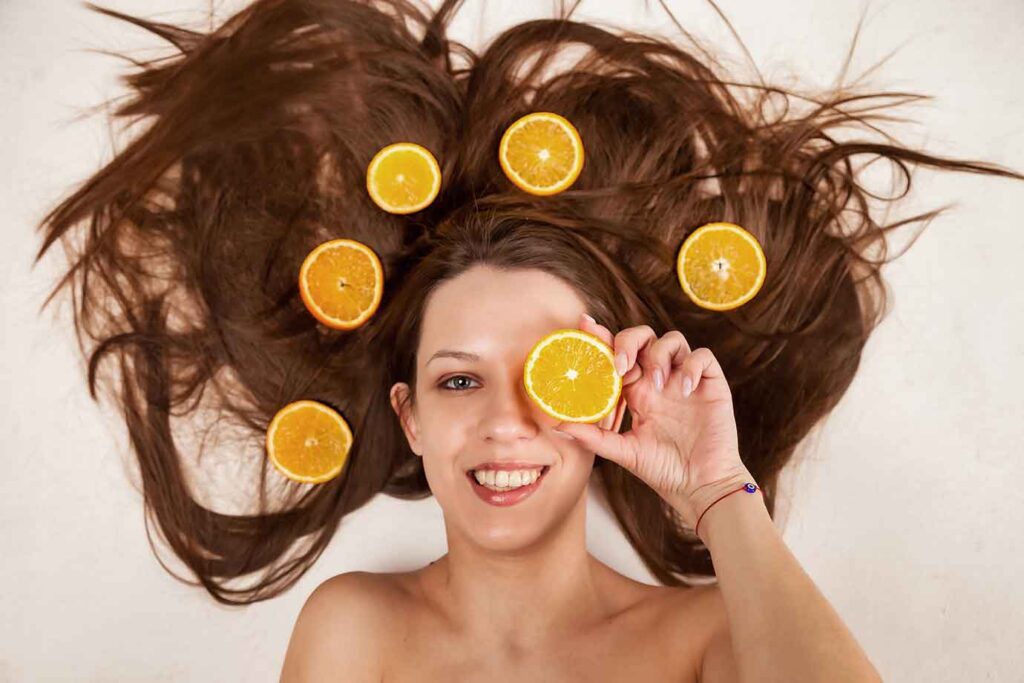
Top Nutrients and Foods for Promoting Healthy Hair Growth
| Nutrient | Role in Hair Health | Foods Rich in Nutrient |
|---|---|---|
| Protein | Essential for hair structure and growth | Eggs, lean meats, fish, tofu, beans, and nuts |
| Iron | Supports oxygen supply to hair follicles, preventing hair loss | Red meat, spinach, lentils, pumpkin seeds, quinoa |
| Biotin (Vitamin B7) | Promotes hair growth and prevents hair thinning | Eggs, almonds, sweet potatoes, spinach, and avocados |
| Omega-3 Fatty Acids | Nourishes hair follicles, promoting shine and strength | Fatty fish (salmon, mackerel), flaxseeds, chia seeds, walnuts |
| Zinc | Supports hair tissue growth and repair | Oysters, beef, pumpkin seeds, chickpeas, nuts |
| Vitamin A | Helps produce sebum, which keeps hair moisturized | Sweet potatoes, carrots, kale, spinach, and apricots |
| Vitamin C | Enhances iron absorption, promotes collagen production | Citrus fruits (oranges, strawberries), bell peppers, broccoli |
| Vitamin E | Protects hair from oxidative stress, improves blood flow | Almonds, sunflower seeds, spinach, and avocados |
| Folate (Vitamin B9) | Supports cell growth, including hair follicles | Dark leafy greens, beans, lentils, and avocados |
| Selenium | Protects hair follicles from damage | Brazil nuts, sunflower seeds, mushrooms, and fish |
Lifestyle Habits for Hair Health
Besides what you eat, your lifestyle habits also play a big role in your hair’s health. Regular exercise improves blood flow, which helps get important nutrients to your hair follicles and encourages growth. Aim for at least 30 minutes of exercise most days, whether it’s walking, biking, or doing yoga, to improve both your physical and hair health.
Managing stress is also really important for preventing hair loss. Too much stress can mess with your hair’s growth cycle, leading to thinning and shedding. Try adding stress-relieving activities like meditation, deep breathing, or hobbies to your daily routine. Getting enough sleep is just as important; aim for 7-9 hours each night so your body can repair and regenerate.
Adopting these lifestyle habits won’t just help your hair—it’ll improve your overall well-being. By taking care of your mind and body, you’ll create a better environment for healthy hair growth.
Conclusion
Having healthy, vibrant hair isn’t just about what products you use—it’s about taking a holistic approach that combines good nutrition, staying hydrated, and positive lifestyle habits. By adding hair growth foods to your diet, drinking enough water, and making healthy lifestyle changes, you’ll set the stage for strong, beautiful hair. Remember, being consistent with these changes will bring long-term benefits.
We hope this guide has given you some useful tips and encourages you to make your hair’s health a priority. Share your experiences with us, and if you need more help, don’t hesitate to ask a professional for advice. By taking charge of your nutrition and lifestyle, you can unlock your hair’s full potential for vitality and shine.
FAQs
- Why is my hair not growing as fast as I want?
- It could be due to a lack of essential nutrients in your diet, not drinking enough water, or stress. Incorporating the right foods and staying hydrated can help.
- What foods should I eat for healthy hair?
- Foods rich in vitamins A, C, D, and E, as well as proteins and minerals like zinc and iron, are great for hair growth. Examples include spinach, nuts, fish, and eggs.
- How much water should I drink for healthy hair?
- Aim for at least eight glasses of water a day to keep your hair hydrated and strong.
- Can stress really affect my hair?
- Yes, stress can disrupt your hair’s growth cycle, leading to thinning and shedding. Managing stress through activities like meditation can help.
- Does exercise help with hair growth?
- Regular exercise improves blood flow, which helps deliver nutrients to your hair follicles, promoting growth.


